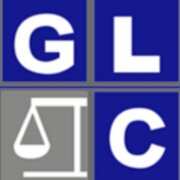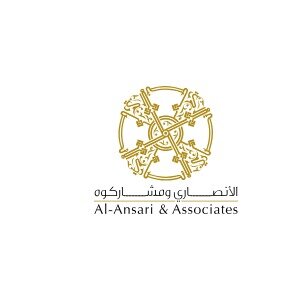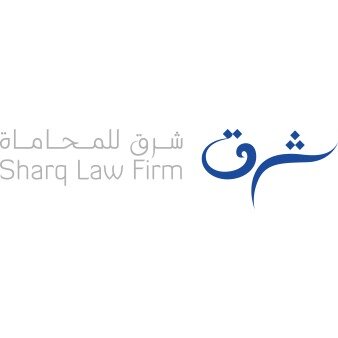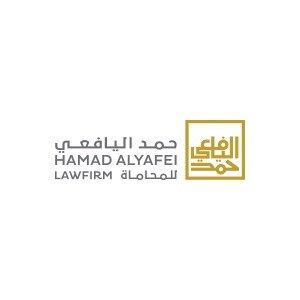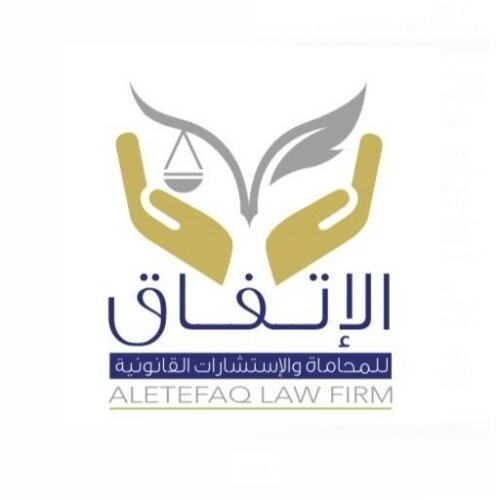Best Private Equity Lawyers in Doha
Share your needs with us, get contacted by law firms.
Free. Takes 2 min.
List of the best lawyers in Doha, Qatar
About Private Equity Law in Doha, Qatar
Private Equity (PE) law in Doha, Qatar encompasses the regulations and legal frameworks that govern the investment of capital in private companies or the acquisition of ownership in businesses that are not publicly traded. The PE sector in Qatar has grown significantly in recent years, attracting both local and international investors due to the country's strategic economic development initiatives and favorable business environment. The Qatar Financial Centre (QFC) plays a critical role by providing a regulatory platform for many private equity activities. Understanding the legal landscape, including structuring investments, compliance requirements, regulatory approvals, and dispute resolution, is essential for anyone looking to participate in private equity transactions in Doha.
Why You May Need a Lawyer
There are several reasons why individuals and businesses engaging in private equity in Doha may require legal advice. Common situations include:
- Structuring and negotiating investment deals, including minority and majority equity stakes.
- Drafting or reviewing legal documents such as shareholder agreements, subscription agreements, and term sheets.
- Conducting due diligence to uncover potential legal and financial risks.
- Navigating regulatory compliance with Qatari laws and Qatar Financial Centre rules.
- Advising on cross-border transactions and international investments.
- Managing corporate governance issues and resolving disputes between stakeholders.
- Advising on exits, including sales of equity interests and Initial Public Offerings (IPOs).
Legal advisors help mitigate risks, ensure regulatory compliance, and safeguard your investments throughout the private equity lifecycle.
Local Laws Overview
Private equity activities in Doha are influenced by laws and regulations specific to Qatar as well as the Qatar Financial Centre. Key legal considerations include:
- Company Formation: Private equity investments are typically routed through entities registered in QFC or under the Commercial Companies Law. Each has varying requirements for ownership, capital, and governance.
- Foreign Ownership: Qatar allows higher levels of foreign ownership in some sectors, especially within the QFC. Outside of QFC, foreign investment may require special approvals.
- Regulatory Bodies: The Qatar Financial Centre Regulatory Authority (QFCRA) and the Qatar Central Bank oversee private equity activities, especially with respect to due diligence, anti-money laundering (AML), and compliance checks.
- Contracts and Dispute Resolution: Qatari law applies to most corporate contracts, with disputes often resolved through local courts or QFC tribunals. Arbitration is also increasingly popular.
- Taxation: The QFC offers tax-friendly structures and exemptions for qualifying private equity activities, but tax compliance is still essential.
- Employment and Labor Laws: Changes in company control can trigger specific notifications or procedures under Qatari labor law.
A knowledgeable lawyer can help interpret these laws and ensure smooth transactions.
Frequently Asked Questions
What is private equity?
Private equity refers to investment funds or individuals investing directly into private companies or buying out public companies to make them private. It typically involves taking an ownership interest for growth, restructuring, or expansion purposes.
Is foreign private equity investment allowed in Qatar?
Yes, Qatar permits foreign private equity investments, particularly through the Qatar Financial Centre, which offers flexible rules for foreign ownership and capital repatriation.
Are there specific licenses required to operate a private equity fund in Doha?
Yes, operating a private equity fund in Doha usually requires a license from the Qatar Financial Centre Regulatory Authority or relevant Qatari governmental bodies, depending on the fund's structure and activities.
How is due diligence conducted in private equity deals?
Due diligence involves a comprehensive review of a target company's finances, legal status, contracts, liabilities, and compliance with local laws. Lawyers play a vital role in identifying risks and obligations.
What are the typical legal documents needed for a private equity transaction?
Key documents include term sheets, shareholder agreements, subscription agreements, sale and purchase agreements, and disclosure letters. Each plays a critical role in defining rights, obligations, and governance structures.
How are disputes in private equity transactions resolved in Qatar?
Disputes can be resolved in Qatari courts, QFC tribunals, or through arbitration, depending on the agreement between parties and where the investment or company is established.
Are there restrictions on repatriating profits from private equity investments?
The QFC allows full repatriation of profits. For investments outside QFC, the process may involve compliance with Qatar Central Bank regulations but is generally permitted for legal investments.
What taxes apply to private equity investments in Doha?
Within the QFC, qualifying private equity activities may benefit from a low or zero corporate tax rate. Standard Qatari tax laws may apply outside the QFC, and legal advice is necessary for tax planning.
Can private equity investors obtain residency in Qatar?
Certain investment initiatives may provide avenues for long-term residency or special visas. These are subject to government programs and policies that may change.
How do I choose a lawyer specializing in private equity in Doha?
Look for lawyers or law firms with expertise in corporate and financial law, particularly with experience working within the QFC framework, and established track records in handling private equity transactions.
Additional Resources
For further information or support related to private equity in Doha, you can consult the following resources and organizations:
- Qatar Financial Centre (QFC)
- Qatar Financial Centre Regulatory Authority (QFCRA)
- Qatar Ministry of Commerce and Industry
- Qatar Central Bank
- Qatar Investment Promotion Agency
- Qatar Chamber of Commerce and Industry
- Local business councils and chambers representing international investors
- Local commercial arbitration centers
Next Steps
If you are considering a private equity transaction or need legal guidance in Doha, Qatar, the following steps can help you move forward:
- Identify and engage a qualified legal advisor or law firm experienced in private equity and cross-border transactions.
- Gather preliminary information about your intended investment, including target businesses, funding sources, and objectives.
- Schedule an initial consultation to discuss your goals, assess regulatory requirements, and plan your investment structure.
- Request assistance with due diligence, structuring the deal, and drafting or reviewing all necessary legal agreements.
- Ensure ongoing compliance with local laws and regulations with the support of your legal counsel throughout the investment lifecycle.
Seeking legal advice early in the process is crucial for minimizing risks and optimizing the success of your private equity investment in Doha, Qatar.
Lawzana helps you find the best lawyers and law firms in Doha through a curated and pre-screened list of qualified legal professionals. Our platform offers rankings and detailed profiles of attorneys and law firms, allowing you to compare based on practice areas, including Private Equity, experience, and client feedback.
Each profile includes a description of the firm's areas of practice, client reviews, team members and partners, year of establishment, spoken languages, office locations, contact information, social media presence, and any published articles or resources. Most firms on our platform speak English and are experienced in both local and international legal matters.
Get a quote from top-rated law firms in Doha, Qatar — quickly, securely, and without unnecessary hassle.
Disclaimer:
The information provided on this page is for general informational purposes only and does not constitute legal advice. While we strive to ensure the accuracy and relevance of the content, legal information may change over time, and interpretations of the law can vary. You should always consult with a qualified legal professional for advice specific to your situation.
We disclaim all liability for actions taken or not taken based on the content of this page. If you believe any information is incorrect or outdated, please contact us, and we will review and update it where appropriate.






